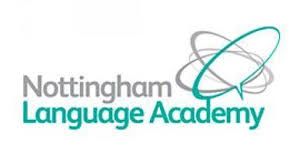Effective conflict management is a critical skill for professionals navigating the complexities of today’s rapidly changing work environments. Conflict, whether interpersonal, interdepartmental, or organizational, can lead to inefficiencies, reduced productivity, and even strained relationships. However, with the right methods and strategies, conflict can be transformed from a disruptive force into an opportunity for growth and improvement. This course delves into modern methods of conflict management and equips participants with the tools to adapt to and resolve conflicts effectively.
One of the main challenges that organizations face today is the dynamic nature of conflicts. Traditional approaches to conflict management often fail to address the complex and evolving issues faced by modern teams. These include cultural differences, generational gaps, and the impact of technological advancements. As the global workforce becomes more diverse, the ability to navigate and resolve conflicts across varying perspectives is increasingly important.
This course offers a comprehensive exploration of conflict management strategies that are not only relevant in traditional settings but also adaptable to digital and hybrid work environments. With an emphasis on flexibility and innovation, participants will learn how to approach conflicts with a problem-solving mindset, enabling them to enhance team collaboration and maintain a harmonious work atmosphere.
The program also addresses the crucial role that emotional intelligence plays in conflict resolution. Understanding how to manage one's own emotions and empathize with others can create an environment where conflict is viewed as an opportunity for positive change rather than a threat. By developing emotional awareness and communication skills, participants can resolve conflicts in a manner that fosters mutual respect and understanding.
Adaptability is at the heart of effective conflict management. The course emphasizes the importance of being flexible and open-minded in conflict situations. Professionals are often required to manage conflicts in real-time, often with limited resources and time constraints. As such, the ability to assess situations quickly, adjust strategies as necessary, and maintain a calm and composed demeanor is key to resolving issues effectively.
Lastly, the course provides practical tools for conflict resolution that participants can implement immediately in their roles. By using a variety of methods such as negotiation, mediation, and collaborative problem-solving, participants will gain the confidence to tackle conflicts head-on and turn challenging situations into constructive dialogue.




















































